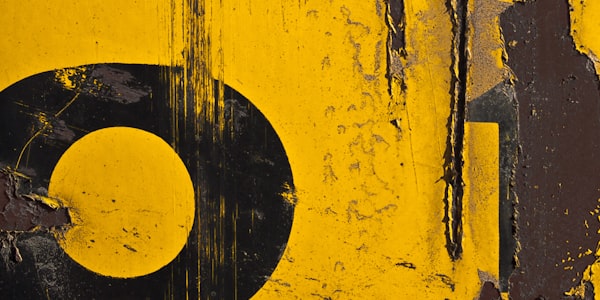
It’s seldom that I write a blog devoted to a single wine, however much I admire it. But there’s always an exception to any rule: one such is Jane and Basil Landau’s brilliant Landau du Val semillon, the recently released vintage 2013. There are two reasons for this, firstly it is superb, presenting a fine balance between a minerally backbone from venerable vines and the wonderful bouquet of citrus and apple, followed by rich flavours of honey, butterscotch and cream. I don’t detect much in the way of lanolin that typifies semillon, and neither do I miss it in this dry, full-flavoured aristocrat with a lingering finish. Its press release suggests pairing with chicken curry, roast pork, seafood and “even paella.†After much thought I decided that an elegant Normandy-inspired dish of duck, (free-range, of course) baked slowly in semillon with green apple, fnished with a little cream and good Cape brandy could fit the bill.
On the other hand – just sitting on the stoep, watching the guinea-fowl getting broody among the olive trees as the distant Langeberge darkens from soft blue to purple is enough accompaniment to my glass of Landau , it really requires no food at all.
The second reason for celebrating this distinctive wine at the start of Heritage Week, is naturally, its impressive ancestry – made from bush vines that mark their 110th birthday this year, surviving for more than a century on an historic farm off the Robertsvlei road in Franschhoek. La Brie (also known in the past as Laborie) was granted to Huguenot Jacques de Villiers in 1712, although he had been living there since 1694 – this enterprising immigrant also bought Boschendal some years later. Basil and Jane Landau live in the 18th century farmstead which they restored after buying the farm in 1986.
When the semillon vines were planted in 1905, Franschhoek was a small, but reasonably self-sufficient village, although telephones were only installed in 1911 and electricity arrived 23 years later. Winelovers can be grateful that the vines escaped uprooting, even though their yield ranges from small to minute.
The Landaus chose their winemaker wisely – Wynand Grobler is a sensitive and talented craftsman who whole-bunch presses the harvest, natural fermentation taking place in French oak, old and new, followed by 12 months maturation. The wine should last well for at least a decade, if you can resist your purchase for that long. Selling from the farm and at La Cotte boutique in Franschhoek for R250.
more on wineweekend.co.za





